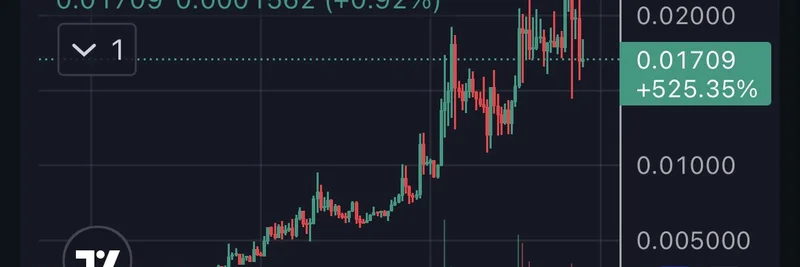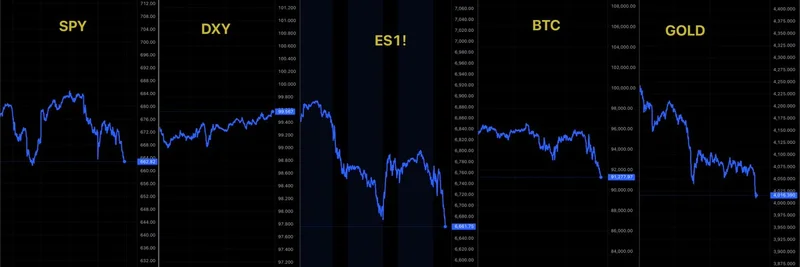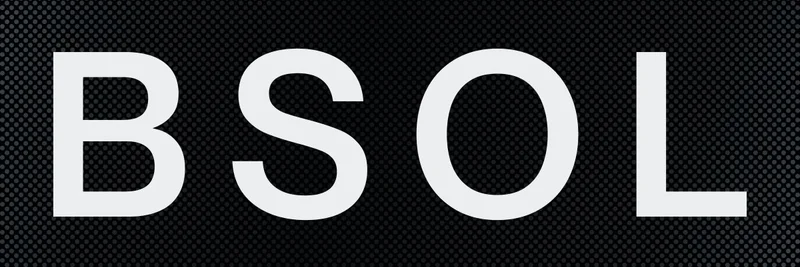In the fast-paced world of cryptocurrency, Zcash (ZEC) has been making waves lately, with its price surging and sparking heated debates across social media. A recent thread on X (formerly Twitter) by Mert, CEO of Helius Labs, captures this buzz perfectly. He breaks down the common bearish arguments against ZEC and dismisses them with a bold prediction: "yeah, trillions." Let's unpack what this means for ZEC and why it might not be as far-fetched as it sounds.
Zcash is a cryptocurrency designed with privacy at its core. Unlike Bitcoin, where all transactions are public on the blockchain, ZEC uses advanced cryptography called zero-knowledge proofs (specifically zk-SNARKs) to allow users to shield their transaction details. This means you can send or receive ZEC without revealing amounts, sender, or receiver info—if you choose to use the shielded pools. But as Mert points out, one popular knock against it is that "it's not private if you explicitly don't use the privacy feature." That's like saying a lock isn't secure because you forgot to turn the key. The privacy is there for those who opt in, and recent upgrades have made it even more efficient.
Mert's thread (original post here) highlights another bear case: suspicion around the sudden hype. With ZEC's price up dramatically—over 1200% in recent months, according to related discussions—some folks are calling it "fishy." But as the tech improves and adoption grows, isn't that exactly what you'd expect? Better functionality draws more users, pushing the price higher in a classic supply-demand loop.
Replies to the thread add more flavor to the conversation. One user, @Credib1eGuy, brings up potential competition from Solana, which might implement optional privacy features. Mert, an expert on Solana, shoots this down quickly: "as somewhat of an expert on solana, I can assure anyone thinking this that it's a nonsensical point." He explains that ZEC and Solana are playing different games—ZEC focuses on deep, native privacy for value storage, while Solana prioritizes speed and scalability for dApps. Even if Solana adds privacy, it wouldn't eclipse ZEC's shielded market cap unless it massively outperforms in that niche.
Another insightful reply comes from @DefiIgnas, who quotes his earlier analysis on ZEC's rise. He warns of upcoming FUD (fear, uncertainty, doubt) around ZEC's funding model, its hybrid Proof-of-Work to Proof-of-Stake transition, and regulatory risks. For instance, 20% of mining rewards go to developers and grants, which keeps innovation alive but opens doors to criticism similar to Ethereum Foundation sales. Plus, as privacy regs tighten in places like the EU, ZEC could face external pressures. Yet, Ignas sees this as part of the growth journey, much like Bitcoin's path to mainstream acceptance.
Looking at the bigger picture, ZEC's privacy tech could position it as the go-to for "private capital at rest," as one reply notes. In a world where on-chain transparency is the norm, having a truly shielded option is invaluable for users seeking anonymity—whether for personal privacy or institutional needs. And with friendly U.S. regulations boosting crypto overall, ZEC's tailwinds are strong.
Of course, no crypto is without risks. The thread touches on potential corrections as FOMO buyers pile in without understanding the tech. But for those who dig deeper, ZEC's fundamentals shine. If you're into meme tokens or broader crypto trends, keep an eye on ZEC—its hype cycle mirrors the viral nature of memes, but with real utility backing it.
As discussions evolve, threads like this remind us that crypto narratives are built on tech, community, and a dash of speculation. Will ZEC reach trillions? Time will tell, but dismissing it based on weak bear cases might mean missing out on the next big thing in privacy coins.




